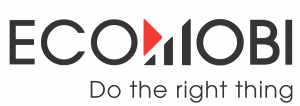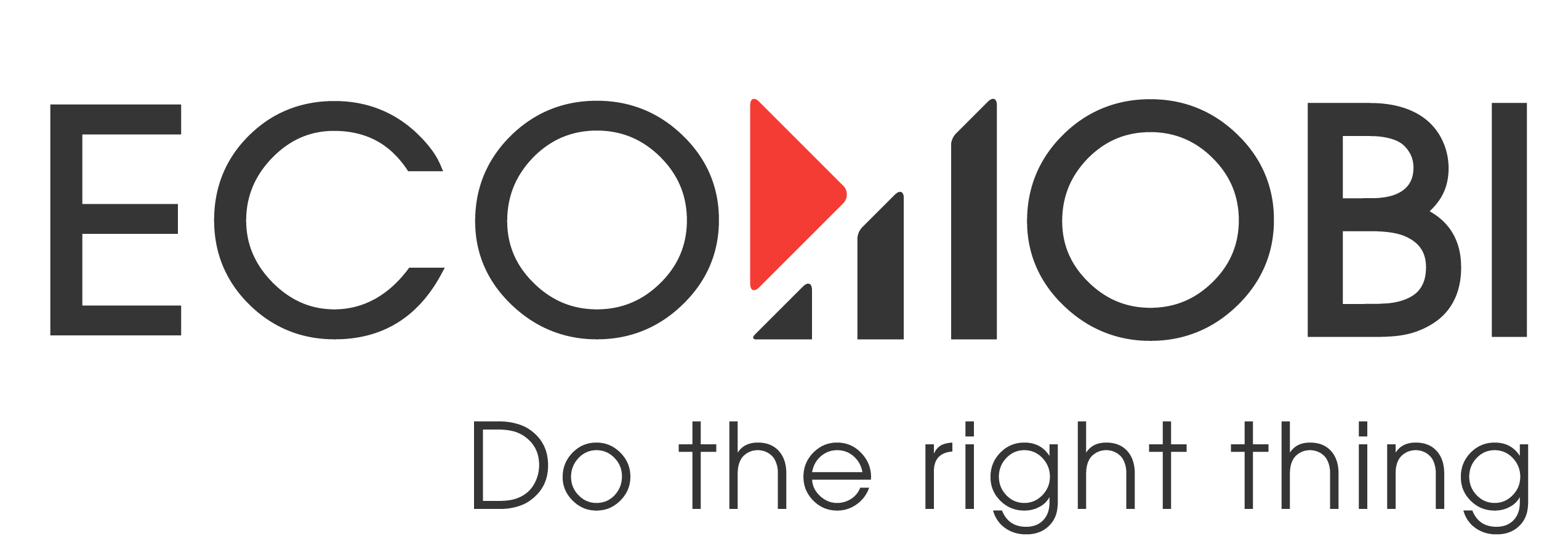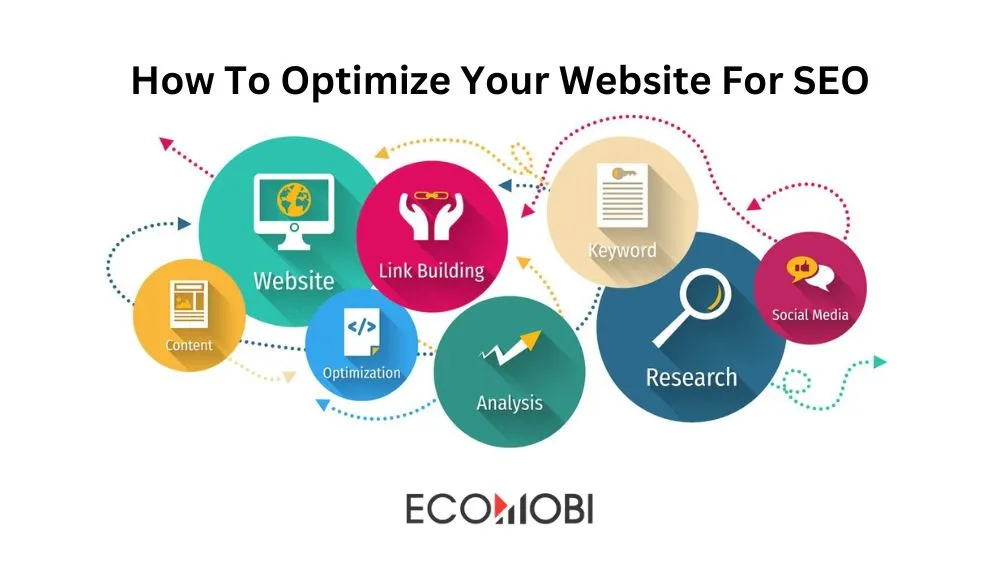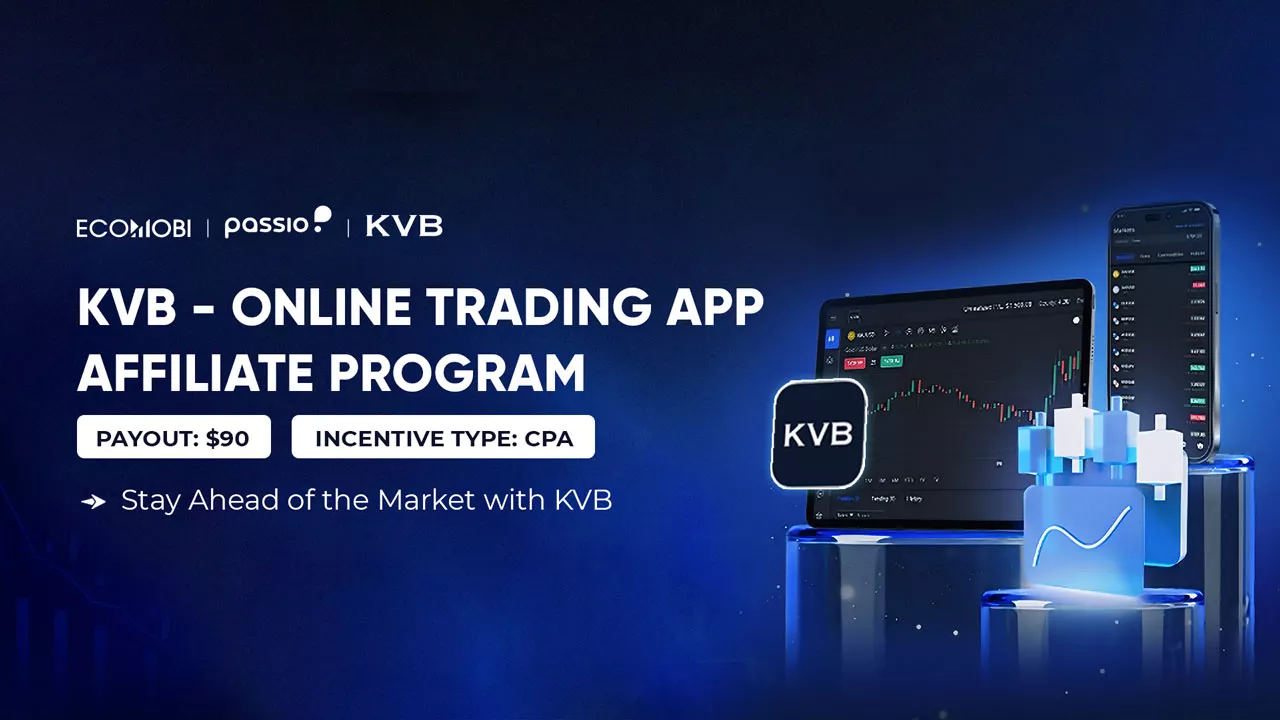Is your website hard to find when people search online? Don’t worry; you’re not alone. Millions of websites compete for the coveted top spots on search engines like Google. The good news is, with the right SEO (Search Engine Optimization) strategies, you can significantly boost your website’s visibility and attract more organic traffic.
In this comprehensive guide, Ecomobi will break down the essentials of SEO optimization, providing you with actionable tips and techniques to climb the search engine rankings.
What is SEO?

SEO, or Search Engine Optimization, is the practice of improving your website to increase its visibility when people search for products or services related to your business on Google, Bing, and other search engines. The better visibility your pages have in search results, the more likely you are to garner attention and attract prospective and existing customers to your business.
Key SEO Ranking Factors
Search engines use complex algorithms to determine which pages to show for a given query. While the exact formula is a closely guarded secret, we know the major factors influencing rankings:
- On-Page SEO: This refers to the elements on your website itself, like the content, keywords, meta tags (title tags and meta descriptions), header tags, and image optimization.
- Off-Page SEO: This involves activities outside your website that influence your rankings, such as backlinks from other reputable websites, social media shares, and brand mentions.
- Technical SEO: This covers the technical aspects of your website that affect search engine crawling and indexing, such as website speed, mobile-friendliness, site structure, and security (HTTPS).
On-Page SEO Optimization: Your Content is King

Keyword Research and Optimization
Keywords are the words and phrases people type into search engines. Effective keyword research is the foundation of successful SEO.
- Find the Right Keywords: Use keyword research tools like Google Keyword Planner or Semrush to identify relevant keywords with a decent search volume and moderate competition.
- Optimize Your Content: Integrate your target keywords naturally into your website’s content, including titles, headings, body text, and image alt text. But remember, always prioritize creating high-quality, valuable content for your readers.
Optimizing Your Content
Search engines love fresh, relevant, and informative content.
- Create Engaging Content: Write well-structured, easy-to-read content that provides value to your audience.
- Use Keywords Strategically: Incorporate your keywords in a way that feels natural and enhances the readability of your content. Don’t stuff keywords unnaturally; it will hurt your rankings.
Meta Tags and Title Optimization
Meta tags provide a brief summary of your webpage to search engines and users.
- Write Compelling Titles: Your title tag is one of the most important on-page SEO factors. Make it catchy, descriptive, and include your primary keyword.
- Craft Informative Meta Descriptions: While not a direct ranking factor, a well-written meta description can entice users to click on your link in search results.
Off-Page SEO Optimization Strategies: Building Authority and Trust

Building High-Quality Backlinks
Backlinks are like votes of confidence from other websites. The more quality backlinks you have, the more trustworthy your site appears to search engines.
- Earn, Don’t Buy: Focus on earning backlinks through high-quality content, outreach to other websites, and guest posting on relevant platforms.
- Quality Over Quantity: A few backlinks from authoritative websites are more valuable than many links from low-quality sites.
Social Media and SEO
While not a direct ranking factor, social media plays a significant role in SEO by:
- Amplifying Content Reach: Social shares can increase visibility and drive traffic to your website.
- Building Brand Awareness: A strong social media presence can enhance your brand’s reputation and authority.
Technical SEO Optimization Checklist: The Foundation of Your Website

Website Speed and Performance Optimization
Slow-loading websites frustrate users and negatively impact SEO.
- Optimize Images: Compress large image files without sacrificing quality.
- Leverage Browser Caching: Store website elements on a user’s device so they don’t need to be reloaded on subsequent visits.
- Minify Code: Remove unnecessary characters from your website’s code (HTML, CSS, JavaScript).
Mobile-Friendliness and Responsive Design
With more people accessing the internet on their mobile devices, having a mobile-friendly website is crucial.
- Use Responsive Design: Ensure your website adapts seamlessly to different screen sizes.
- Optimize for Touch: Make buttons and links easy to tap on touchscreens.
- Prioritize Readability: Use large fonts and ample spacing for comfortable reading on smaller screens.
Site Structure and Navigation
A well-organized website is easier for both users and search engines to navigate.
- Create a Clear Hierarchy: Organize your content into categories and subcategories.
- Use Internal Links: Link relevant pages within your website to guide users and search engine crawlers.
- Optimize Your XML Sitemap: Submit your sitemap to search engines to help them discover and index your pages.
Best SEO Tools and Analytics
Several powerful tools can help you track your SEO progress and identify areas for improvement.
- Google Search Console: Provides valuable insights into how your website appears in search results and highlights potential issues.
- Google Analytics: Lets you track website traffic, user behavior, and conversions to measure the effectiveness of your SEO efforts.
- Semrush, Ahrefs, Moz: These comprehensive SEO platforms offer a wide range of features, from keyword research and competitor analysis to backlink audits and rank tracking.
SEO Trends To Watch
The SEO landscape is constantly evolving. Stay ahead of the curve by keeping an eye on emerging trends like:
- Voice Search Optimization: With the rise of voice assistants like Siri and Alexa, optimizing your content for voice search is becoming increasingly important.
- Artificial Intelligence (AI): AI is playing a bigger role in SEO, from content generation to personalized search results.
- Video SEO: Optimizing videos for search engines can be a powerful way to reach new audiences.
Conclusion for the Website SEO Optimization
SEO isn’t a one-and-done task; it’s an ongoing process that requires continuous effort and refinement. But by understanding the fundamentals, implementing best practices, and staying updated on emerging trends, you can optimize your website for better search engine rankings, increased organic traffic, and ultimately, greater business success.
FAQ Website SEO Optimization:
SEO is a long-term game. It can take weeks or even months to see significant results, depending on various factors like your website’s current state, competition, and the strategies you implement.
SEO is an ongoing process. Search engine algorithms constantly change, and your competitors are always optimizing their websites. To maintain and improve your rankings, you need to stay on top of SEO best practices and adapt your strategies accordingly.
White hat SEO refers to ethical, legitimate techniques that adhere to search engine guidelines. Black hat SEO involves manipulative tactics that try to trick search engines, often resulting in penalties or being banned.
The cost of SEO varies widely depending on the scope of work, your website’s size and complexity, and whether you hire an agency or do it yourself.
Contact us, Ecomobi:
– Fanpage: https://www.facebook.com/ecomobi.ssp
– Instagram: https://www.instagram.com/ecomobi_ssp
– Tiktok: https://www.tiktok.com/@ecomobipassiovietnam



















